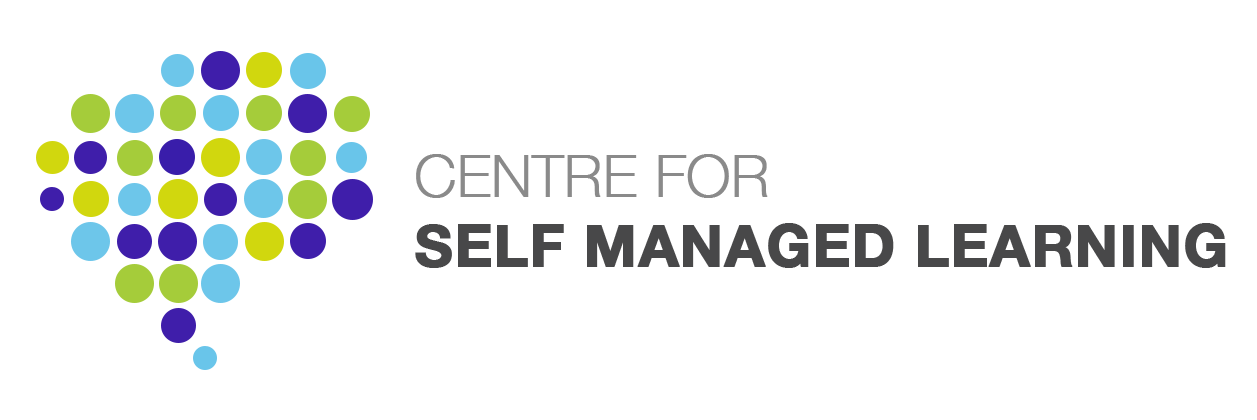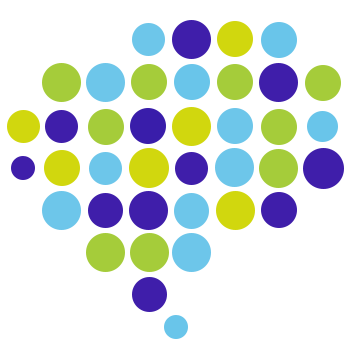05 Aug Self Managed Learning and ‘The Internet’
 Would it help me follow developments in SML if I was on the Internet?
Would it help me follow developments in SML if I was on the Internet?
A question I have been asked by a number of CSML Network members – a few basics terms first:
What is the Internet? A co-operative collection of computer networks belonging to academia and business.
Who controls it? No-one. It functions entirely by consensus. It changes by any of its users suggesting different ways of organising it.
What could I do if I was on the Internet? Send and receive any form of communication, even video!
[member]
What are the common uses of the Internet?
ELECTRONIC MAIL : e-mail for short, is definitely the most popular use. For the cost of a local phone call you can send mail (and computer files) around the world and sending to more than one person doesn’t cost more money! Usually the mail will be available for collection within minutes. Doesn’t it get delivered? Only when you’re connected to the Internet can you get your mail. Academic sites and large organisations tend to be connected all the time.
NEWSGROUPS : are collections of correspondence, organised by topics of interest. You can ask questions or comment on what has been said and can join and leave a Newsgroup at any time.
MAILING LISTS : are rather more organised. If there was a mailing list (for SML for example) you would join by sending an e-mail with the name of the group you want to join. You would then receive all mail for that topic automatically. What if I wanted to stop receiving the mail? Stopping it is a bit more unpredictable than starting! You send an “unjoin me” letter but it can take some time before the mail stops. Is there an SML Mailing List? No, but there could be if enough interested people were on the Internet and someone agreed to organise the list(?).
WORLD WIDE WEB : or WWW as it is sometimes called, is the most rapidly growing part of the Internet. As well as text it contains pictures and can contain sound and other media. Getting around the web is simply a matter of seeing a topic in which you are interested and clicking on it with your mouse. How do I find things on the Web? Most papers and magazines carry articles about the Web and usually give a special reference to the Web page address. You need to copy this exactly into your Web programme (known as a Web browser). The other way is to use special searching tools on the Web to find items of interest (this can be time consuming!)
Is there much related to SML? Disappointingly, the answer is probably not. There is certainly material related to all forms of learning. However the difficulty is that the words ‘self’, ‘managed’ and ‘learning’ are so common that the search produces too much irrelevant stuff at the moment.
Is it easy to learn how to use the Internet? Each software programme, for each type of Internet Service, behaves differently. E-mail and the WWW are probably the easiest to master as a start. At the moment, falling off a log is easier!
So, should I join? Many people are and more every month! To be worthwhile, be clear about what you want from it. At the moment, there are three members of the CSML Network who are on the Internet (as far as we are aware?) and a few more considering it, – we could always talk to one another?
How do I get connected? There are many UK providers and the number is growing all the time. A full answer would take up the rest of the newsletter – a shorter answer is speak to me.
[/member]John Jenkins

